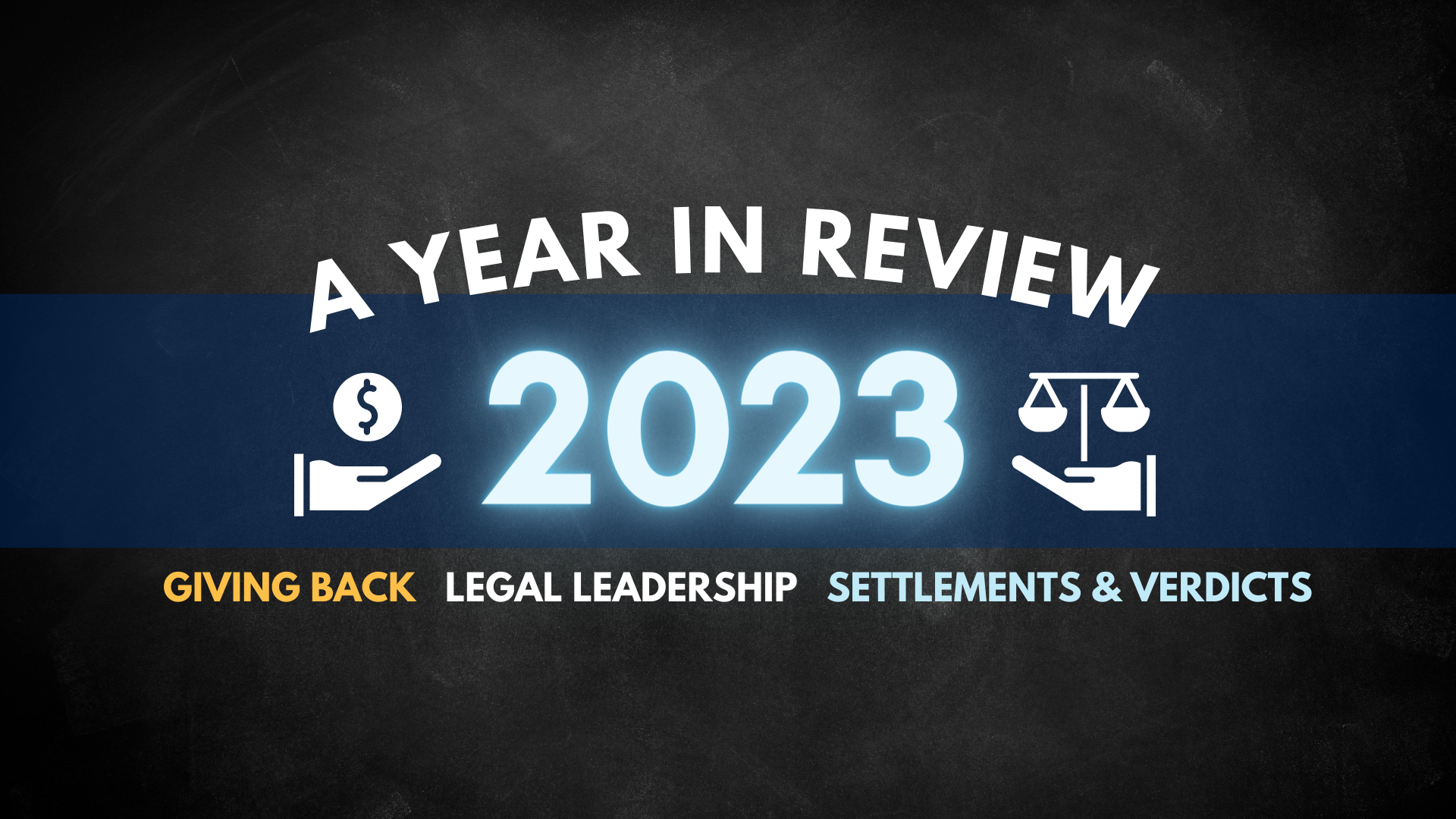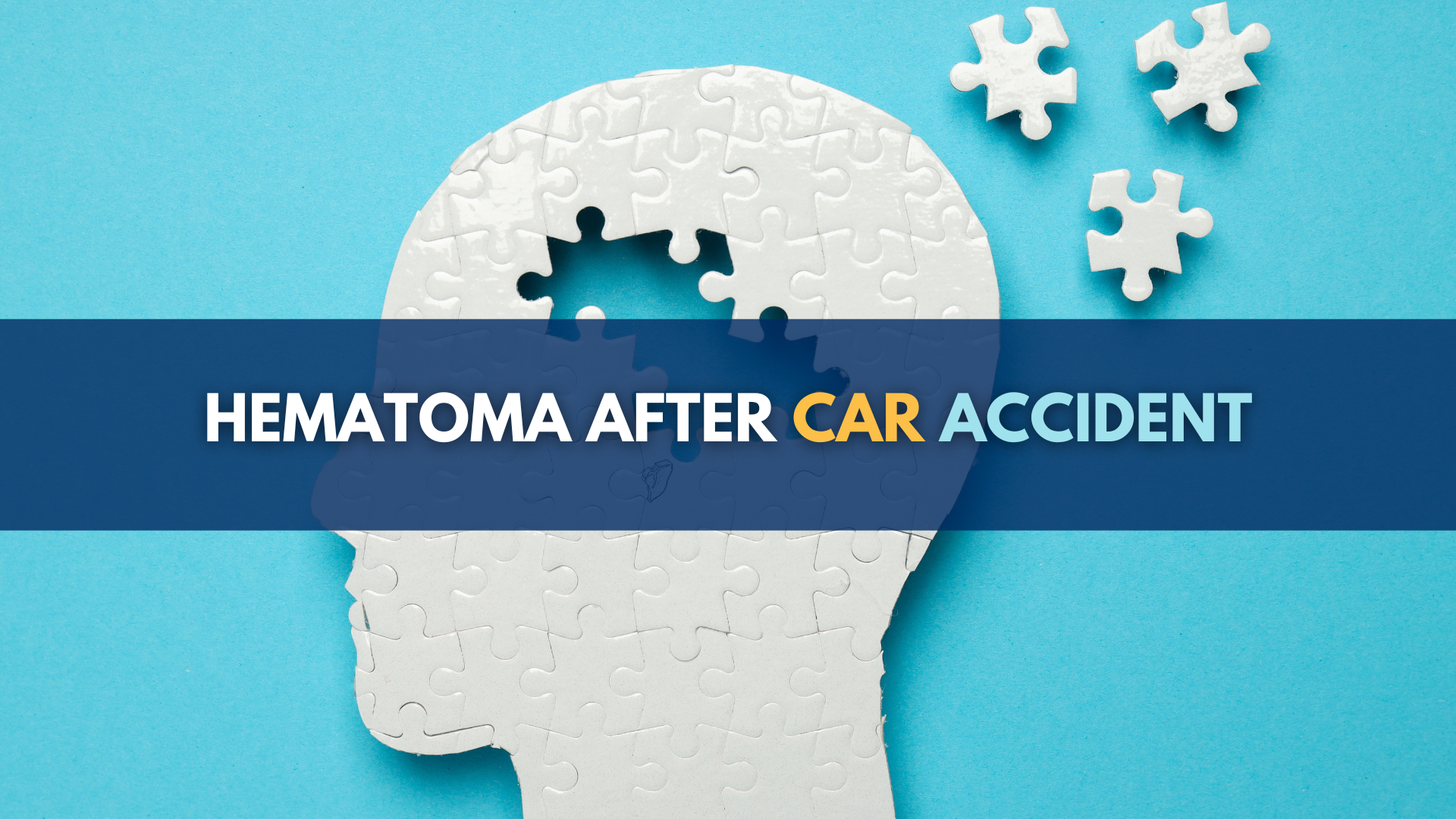Michigan Auto Law attorney Steve Gursten gives litigation tips for lawyers to prove TBI at trial in an American Association for Justice-sponsored nationwide webinar on traumatic brain injury

This coming Thursday, Sept. 14, I’ll be presenting a webinar, “Mild Traumatic Brain Injury in Motor Vehicle Crash Cases — How to Identify and Prove this to Adjusters and Juries.” The webinar will be presented to state trial lawyer associations throughout the country. This legal webinar is geared toward personal injury attorneys who represent car accident victims with brain injuries — and those thousands of personal injury lawyers who don’t take these so-called mild TBI cases because, frankly, they are afraid and think the mild TBI case is too difficult to win.
You can’t necessarily blame these lawyers for being reluctant to take these cases, because they’re right. The mild TBI is one of the most challenging injuries for auto accident attorneys to prove.
Why are mild TBI cases so tough for lawyers to win?
Because most attorneys, let alone most people who sit on juries, don’t understand how a person can have a serious brain injury with no loss of consciousness or obvious symptoms. Even the name “mild” is one that suggests this is a frivolous or de minimus injury, when in fact it is a medical classification and has little to do with the real-life impact of the injury on the person.
The medicine is counter-intuitive as well. Insurance adjusters and defense attorneys often pounce on facts such as the patient having normal MRIs and a perfect Glasgow Coma Scale, then convincing juries to issue a “no cause of action” verdict at trial. Each has to be explained to a jury or an adjuster as to why it can be normal — or even with a mild TBI or Glasgow Coma Scale, why it is actually expected to be normal. There are pitfalls aplenty for the mild TBI lawyer.
But throughout my career as an auto accident attorney, I’ve learned some of the ways that plaintiff personal injury attorneys can pierce the defense wall on mild TBI cases.
When arguing a mild TBI case, let the client’s life take the spotlight – but preferably do this from others and not from your client
One of the most valuable lessons I learned on mild TBI cases is from a case I lost nearly 23 years ago. It still stings. It was actually the very first trial I ever lost:
It doesn’t matter what the injury is. You must demonstrate to the jury the impact and effect that injury has had on that person and his life.
Losing a case always hurts. Some hurt more than others. I tend to wear my heart on my sleeve and get very close to my clients, so these cases always mean a lot to me on a personal level.
What made this loss so educational for me was that this was the most serious “obvious” injury case I had tried to a jury yet. I grew up and got a lot of trial experience early on in the mid-’90s in the Allstate MIST days, when the insurance companies were making $0 settlement offers on “soft tissue” and non-obvious injury cases. And I was pretty good at these — good enough that at age 28 I was the youngest lawyer in Michigan history to get a million-dollar trial verdict. The case made the news because Allstate, the insurance company, was only offering $10,000 to settle.
This case was different. In this case, my client had a serious, obvious injury. In fact, he was diagnosed with a moderate TBI in the ER.
As a young lawyer, I hadn’t ever tried a case with so serious an injury. So I focused on what a moderate brain injury was. I spent a lot of time on the medicine and explaining just how serious the injury was.
And I still lost. I lost the case because when it came to demonstrating to the jury how my client’s life had changed, I fell short.
I explained the injury. I never explained why the injury mattered.
I never explained why they should care.
Before his injury, my client’s day consisted of riding a lawn mower, then coming home and essentially watching television and drinking beer.
After his injury? He did the same thing. He returned to work cutting lawns. He would come home and watch TV and drink beer.
I never showed why the injury mattered and how his life had changed as a result — something I take responsibility for.
As hard a lesson as that was for me, it would serve my future clients well.
It’s some of the best advice I can give to personal injury lawyers who want to learn how to convince juries and adjusters about the effects of a mild TBI injury.
Focus on the person, and why the injury matters. Don’t focus solely on the injury.
Learning and understanding the symptoms of mild TBI and poring over the medical literature is only part of the picture — a hugely important part, to be sure, but still just a part.
It’s the consequences of these injuries, the real-life impact that they have on the people we represent that is what resonates with juries — and even with skeptical insurance adjusters.
For more information or to register for the webinar, click here.


